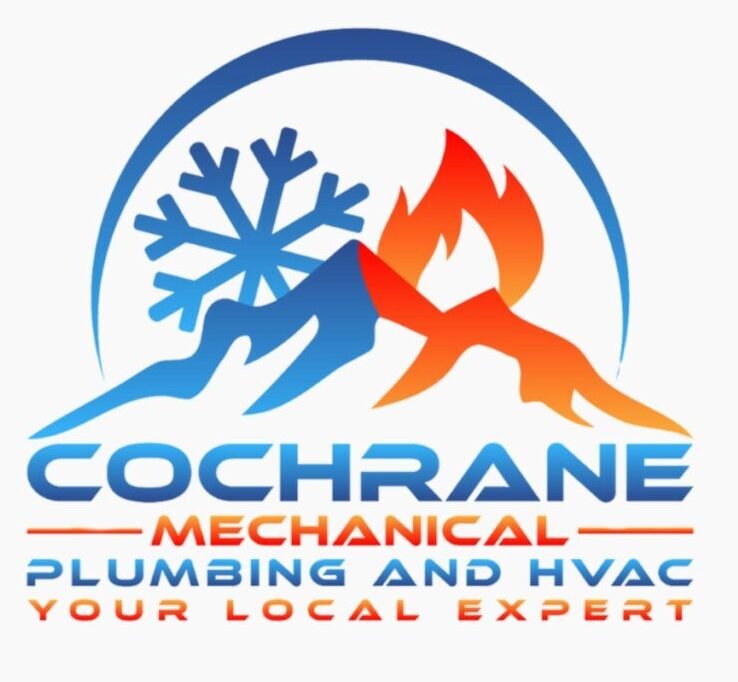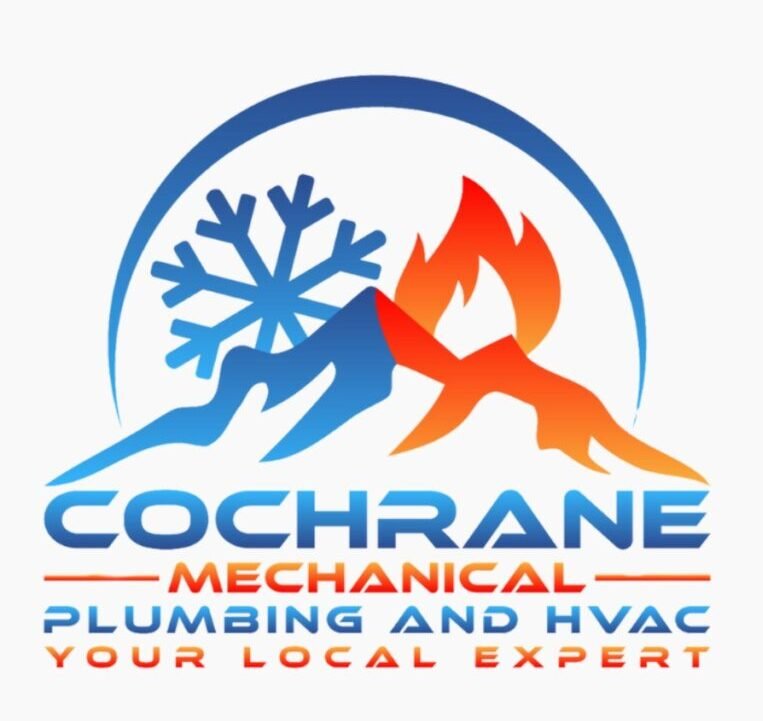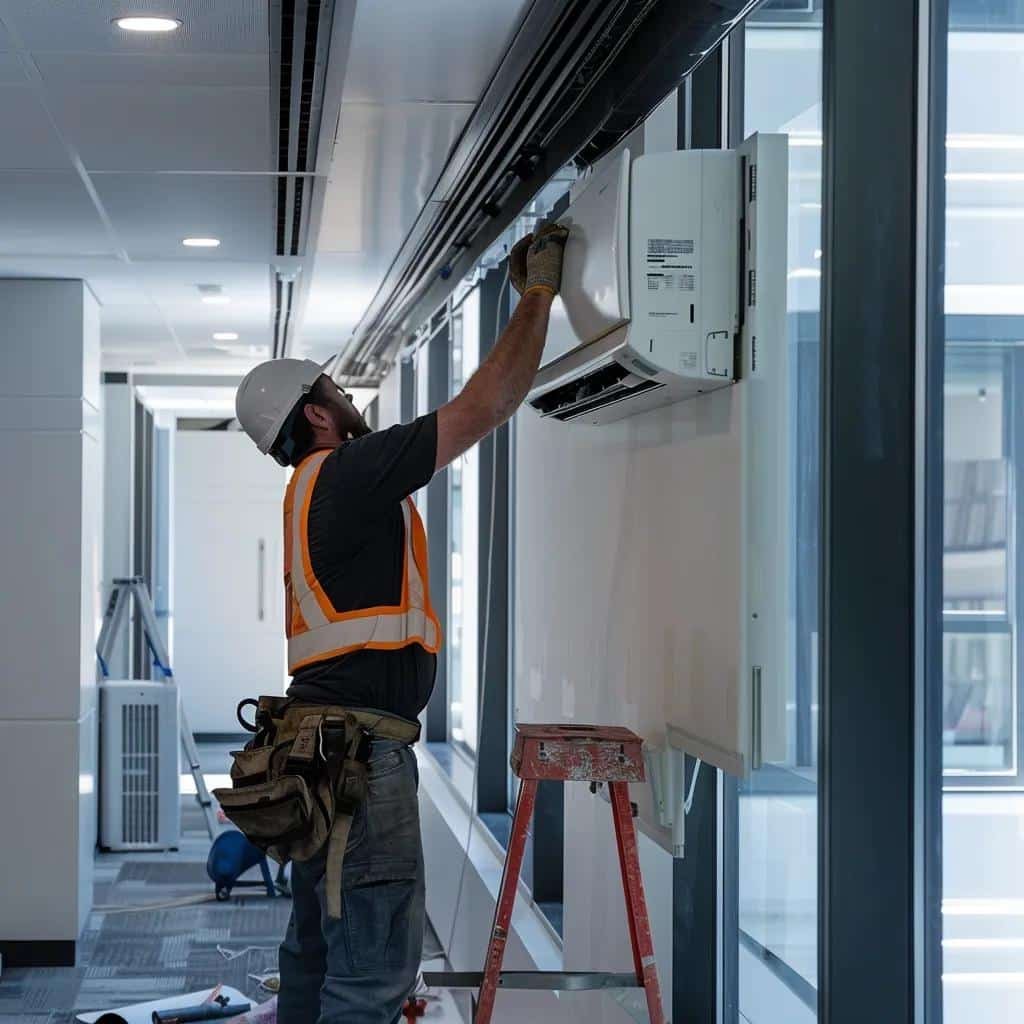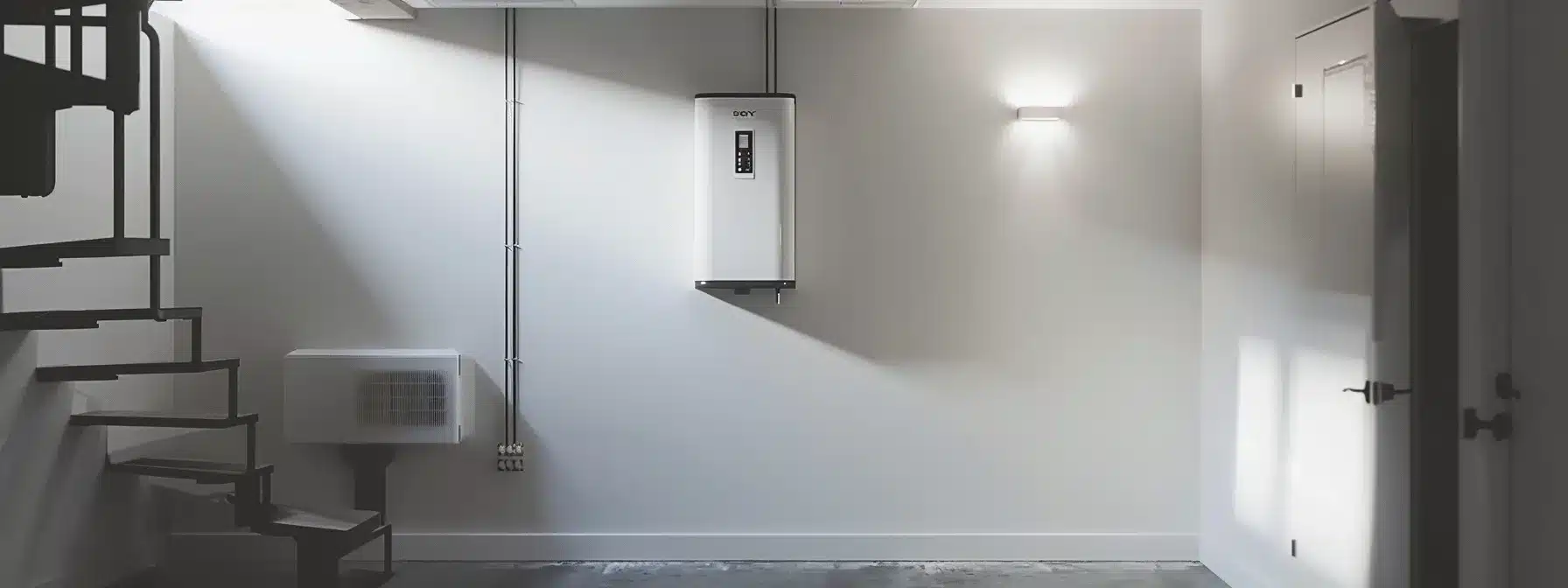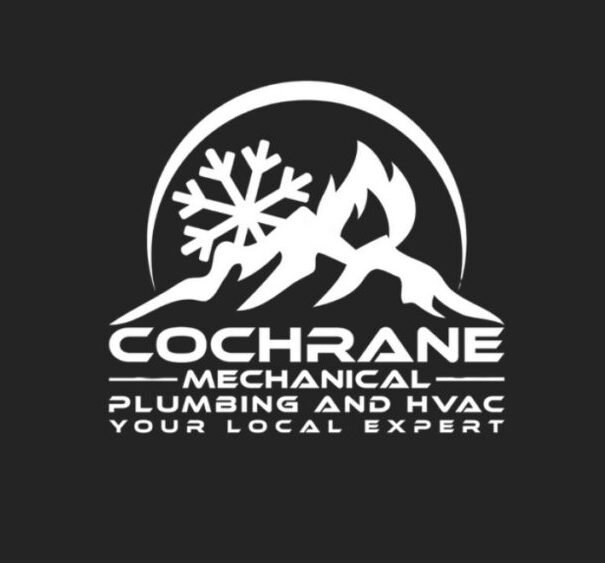
Inverter air conditioning units have become popular for their energy efficiency, enhanced comfort, and long-term savings compared to traditional models. Many homeowners and business operators question whether the higher upfront cost is justified by the energy savings and improved performance. This article explains how inverter AC units work, how they save energy, the cost benefits over time, and key factors to consider when investing. It also covers installation, maintenance best practices, and environmental benefits. Decision makers in Cochrane and surrounding areas can use this information to decide if an inverter AC unit meets their needs for efficient cooling and reliable service.
Inverter AC technology goes beyond lower electricity bills by providing improved temperature control and quieter operation. Advanced compressor technology adjusts speed based on cooling load, reducing wear and tear while maintaining consistent performance. As Cochrane Mechanical Plumbing and HVAC experts have noted, customers seeking immediate performance along with long-term savings benefit from this technology. The following sections explain what inverter AC units are, how they work, and their key benefits.
What Is an Inverter AC Unit and How Does It Work?
An inverter AC unit uses advanced inverter technology to regulate the compressor speed instead of simply turning it on and off. Unlike traditional units that run at one fixed speed, inverter systems adjust the compressor’s output continuously to match the cooling demand with greater precision and energy efficiency.
What Defines an Inverter AC Compared to Traditional AC?
Inverter AC units vary compressor speed to meet temperature needs. This continuous, variable operation produces a stable room temperature and reduces the energy lost during frequent start-ups typical of traditional systems. Studies indicate that inverter systems can lower energy consumption by up to 30% compared to non-inverter models. Fewer start-stop cycles also reduce compressor wear, leading to a longer lifespan and more reliable performance.
How Does the Inverter Technology Control Compressor Speed?
A variable-frequency drive (VFD) converts incoming AC power into frequency-controlled DC power, enabling the compressor to run at speeds that match the real-time cooling load. When the desired temperature is reached, the inverter system gradually reduces speed instead of stopping abruptly. This smooth modulation minimizes energy waste and ensures consistent cooling. Microprocessors also continuously monitor performance to adapt to changing conditions.
What Are the Key Components of an Inverter AC Unit?
Key components include the VFD for regulating compressor speed, a microprocessor controller for sensor-based adjustments, and advanced heat exchangers that efficiently dissipate heat. Improved refrigerant piping, insulation, and sensor feedback further enhance energy efficiency and durability, making the system both technologically advanced and practical.
How Inverter AC Units Deliver Energy Savings vs. Traditional Models
Inverter AC units avoid the inefficiencies of traditional systems by running continuously at variable speeds rather than cycling on and off. This continuous operation minimizes energy-intensive start-up cycles and reduces overall energy waste while maintaining stable comfort levels.
What Is the Energy Efficiency Rating (SEER) of Inverter AC Units?
Inverter AC units typically have higher Seasonal Energy Efficiency Ratios (SEER), often between 18 and 25, compared to the low to mid-teens of non-inverter models. A higher SEER indicates more cooling per unit of energy consumed, resulting in lower electric bills and reduced environmental impact. Many inverter systems also meet ENERGY STAR standards.
How Does Variable Compressor Speed Reduce Electricity Consumption?
By continuously adjusting compressor speed, inverter AC units reduce high-energy start-ups and operate only as hard as needed. In mild conditions, low compressor speeds maintain comfort without excessive energy use, leading to lower operating costs and fewer power-demand fluctuations.
What Are Typical Energy Savings With Inverter AC Units?
Depending on usage and climate, inverter AC units can save between 20% to 40% in energy consumption compared to traditional models. Running at lower capacity during moderate temperatures helps maintain a stable indoor climate without the extra cost of frequent cycling, making these systems an attractive option for both residential and commercial applications.
What Are the Long-Term Cost Savings of Using an Inverter Driven AC Unit?
Long-term savings include reduced energy costs, lower maintenance needs, and an extended equipment lifespan. Although the initial investment is higher, cumulative savings often offset this extra cost within a few years.
How Does Reduced Energy Consumption Translate to Lower Electricity Bills?
Because inverter AC units adjust compressor speed to match cooling demand, they avoid overworking and unnecessary energy use. This efficiency can reduce electric bills by about 25% to 35% over a cooling season. In areas such as Cochrane, customers experience noticeable energy savings, contributing to a faster return on investment.
What Is the Payback Period for an Inverter AC Investment?
The payback period for an inverter AC unit is generally 3 to 5 years, depending on local energy rates and usage patterns. A modest cost difference paired with a significant reduction in energy bills means that the higher initial cost is often recouped fairly quickly, with continued savings over the unit’s lifespan.
Are There Additional Maintenance or Repair Cost Differences?
Inverter AC systems typically require less maintenance because fewer compressor cycles reduce mechanical stress. Although regular tasks like filter cleaning remain necessary, lower wear results in decreased repair costs over time. Routine professional maintenance helps extend the unit’s service life and minimizes emergencies.
How Does an Inverter AC Unit Improve Comfort and Performance?
Inverter AC units offer superior comfort by precisely controlling temperature and operating more quietly than traditional units. Their consistent performance ensures a stable indoor environment regardless of external conditions.
How Does Precise Temperature Control Enhance User Comfort?
By continuously adjusting compressor speed, inverter systems maintain an even indoor temperature without the frequent hot and cold swings seen in conventional AC units. This stable climate minimizes thermal discomfort and improves indoor air quality. Optimized humidity control further enhances overall comfort.
What Is the Noise Level Comparison Between Inverter and Non-Inverter ACs?
Inverter AC units typically operate quieter than traditional systems. With smoother compressor operation and fewer start-up cycles, noise levels may be up to 10 decibels lower, contributing to a more pleasant environment in residences, offices, and other sensitive settings.
How Does Inverter Technology Affect Cooling Speed and Consistency?
These units cool spaces quickly by starting at a higher capacity when needed and then gradually reducing power to maintain temperature. This dynamic regulation prevents the extreme temperature fluctuations associated with traditional cycling, offering immediate relief and ongoing comfort.
What Should You Consider When Buying an Inverter AC Unit?
When purchasing an inverter AC unit, consider factors beyond initial cost, such as brand reputation, model specifications, installation requirements, and key features that match your cooling needs and budget.
Which Brands and Models Offer the Best Value and Efficiency?
High-quality inverter AC units are offered by brands such as Mitsubishi, Daikin, LG, and Panasonic. Look for models with high SEER ratings (typically above 20), robust compressor designs, and strong customer support. Consumer reviews, warranties, and energy performance certifications can help ensure long-term reliability and cost savings.
How Do Installation Costs Affect the Overall Investment?
Professional installation is critical for optimal performance and longevity. Although installation costs vary by complexity and region, proper setup can boost efficiency by 10% to 15%, further reducing long-term expenses. Obtaining quotes from certified technicians is recommended to gauge total investment.
What Features and Specifications Are Important for Your Needs?
Potential buyers should evaluate cooling capacity (BTUs), SEER ratings, noise levels, and smart controls. Additional features such as Wi-Fi connectivity, programmable thermostats, and eco-friendly refrigerants improve usability. Matching the unit’s capacity to the space size is essential for efficient performance.
How Does Installation and Maintenance Impact the Value of an Inverter AC Unit?
Proper installation and regular maintenance maximize the unit’s performance, lifespan, and energy savings. Both professional setup and ongoing upkeep are critical in protecting your investment.
What Are the Best Practices for Professional Installation?
Expert installers assess space dimensions, ductwork, and electrical supply to recommend the appropriate unit size. They ensure optimal placement for indoor and outdoor units, calibrate thermostats, test for leaks, and verify electrical connections in line with manufacturer guidelines and local codes. This precise installation helps secure warranty coverage and maximizes system efficiency.
How Often Should Inverter AC Units Be Maintained?
It is recommended that inverter AC units receive professional maintenance at least once a year, ideally before the cooling season. Routine tasks include cleaning or replacing filters, inspecting refrigerant levels and coils, and checking compressor function. Regular service prevents dust buildup and potential leaks, ensuring efficient operation.
What Are Common Maintenance Tips to Maximize Efficiency?
Homeowners should clean or change filters every one to two months during heavy use, keep the outdoor unit free of debris, and avoid obstructing airflow around both units. Maintaining proper refrigerant levels and secure electrical connections further supports efficiency. These practices extend the unit’s lifespan and maintain consistent performance.
What Are the Environmental and Sustainability Benefits of Inverter AC Units?
Inverter AC units not only reduce energy costs but also offer environmental benefits by lowering electricity use and associated emissions. Their efficiency contributes to sustainable living and helps address environmental challenges.
How Do Inverter AC Units Reduce Carbon Footprint?
By consuming less energy for the same cooling effect, inverter AC units lower the load on power plants and reduce greenhouse gas emissions. Their smooth operation minimizes large energy spikes and fossil fuel use. Environmentally friendly refrigerants used in many models further lessen their impact on global warming.
Are There Government Incentives or Rebates for Inverter AC Purchases?
Many local and national programs offer rebates, tax credits, or incentives for energy-efficient appliances, including inverter AC units. These financial benefits can cover up to 20% of the purchase price, shortening the payback period and reducing the upfront cost.
How Does Using an Inverter AC Support Sustainable Living?
Inverter AC units contribute to sustainable living by lowering energy consumption and utility costs while reducing reliance on fossil fuels. Their efficient operation, longer lifespan, and lower maintenance needs minimize waste. As sustainability becomes increasingly important, these systems support responsible energy use and environmental stewardship.
Table: Comparison of Inverter AC Unit Features and Benefits
Before diving further into the closing sections, the following table summarizes key features and benefits of inverter AC units compared to non-inverter models:
| Feature | Inverter AC Unit | Non-Inverter AC Unit | Benefit |
|---|---|---|---|
| Compressor Operation | Variable speed with continuous modulation | Fixed speed with on/off cycling | Reduced energy consumption and smoother operation |
| Energy Efficiency (SEER) | SEER ratings typically 18-25 | SEER ratings in low-to-mid teens | Lower electricity bills and better environmental impact |
| Noise Level | Quieter operation (up to 10 dB lower) | More frequent noise due to cycling | Enhanced indoor comfort and reduced disturbances |
| Temperature Control | Precise and stable control | Fluctuating temperature levels | Consistent comfort levels |
| Maintenance & Lifespan | Lower mechanical stress enhances longevity | Frequent cycling increases wear | Reduced maintenance costs and longer unit life |
This table highlights that inverter AC units deliver significant advantages in energy efficiency, noise reduction, and overall performance, leading to both economic and ecological benefits.
How Does Installation and Maintenance Impact the Value of an Inverter AC Unit?
Proper installation and ongoing maintenance are key to maximizing the benefits of an inverter AC unit. They ensure optimal performance, reliable operation, and extend the system’s lifespan.
Professional installation ensures correct sizing, secure mounting, and proper electrical balance. A well-installed unit runs more efficiently and provides better comfort, while regular maintenance helps prevent issues and reduces repair costs. This comprehensive approach protects your long-term investment.
Best Practices for Professional Installation
Certified professionals assess space dimensions, ductwork, and electrical supply to select the ideal unit. They carefully position indoor and outdoor units, calibrate thermostats, and perform leak tests, all in accordance with manufacturer guidelines and local codes.
Recommended Maintenance Routines
Annual professional maintenance, along with routine user tasks like regular filter cleaning, is essential. Inspections of coils, refrigerant levels, and electrical connections help prevent inefficiencies and prolong the system’s life.
Additional Tips for Maximizing System Longevity
Ensure the outdoor unit is free of debris and maintain unobstructed airflow around both units. Seasonal checks and adherence to manufacturer guidelines further safeguard system performance and durability.
What Are the Environmental and Sustainability Benefits of Inverter AC Units?
Inverter AC units contribute to environmental sustainability by using less electricity and reducing emissions. Their efficient operation supports global efforts to lower energy demand and conserve resources.
How Do Inverter AC Units Reduce Carbon Footprint?
Lower electricity consumption means reduced load on power plants and fewer greenhouse gas emissions. The smooth, variable-speed operation lessens energy spikes and minimizes fossil fuel use. Environmentally friendly refrigerants further lower the overall carbon footprint.
Government Incentives and Rebates
Incentives such as tax credits and rebates are available in many regions for energy-efficient appliances like inverter AC units. These programs help lower the initial cost and promote widespread adoption of sustainable technology.
Support for Sustainable Living Practices
By reducing energy use, inverter AC units help conserve natural resources and decrease reliance on nonrenewable energy sources. Their longer lifespan and lower maintenance reduce waste, supporting a more sustainable lifestyle.
Frequently Asked Questions
Q: What makes an inverter AC unit more energy-efficient than a traditional AC? A: An inverter AC unit continuously adjusts its compressor speed, which allows for precise temperature control and minimized energy use during low-load conditions, avoiding the power surges of on-off cycling.
Q: How long will it take for the energy savings of an inverter AC to cover its higher upfront cost? A: Typically, the payback period is between 3 to 5 years, after which the lower energy bills provide clear long-term savings.
Q: Are inverter AC units noisier than traditional models? A: No, inverter AC units operate more quietly because they avoid the abrupt starts and stops associated with traditional systems, resulting in a smoother, quieter performance.
Q: What should be considered when choosing an inverter AC unit for a home? A: Consider brand reputation, SEER rating, noise levels, installation costs, and smart features. Match the unit’s capacity to the size and layout of the space for optimal efficiency.
Q: How does regular maintenance impact the performance of an inverter AC unit? A: Regular maintenance, including filter cleaning and coil inspections, maintains efficiency and prolongs lifespan, reducing repair costs over time.
Q: Can government incentives help offset the higher cost of an inverter AC unit? A: Yes, many areas offer rebates or tax credits that can lower the initial purchase price, making it more cost-effective.
Q: How can an inverter AC unit contribute to sustainable living? A: By reducing overall energy consumption and greenhouse gas emissions, and through a longer lifespan with less waste, inverter AC units support environmentally sustainable practices.
Final Thoughts
In summary, inverter AC units offer significant benefits in energy efficiency, comfort, and long-term cost savings over traditional systems. Their variable-speed technology provides precise temperature control, quieter operation, and a lower carbon footprint. Combined with proper installation and regular maintenance, these systems deliver reliable performance and reduced energy bills. For homeowners and businesses in Cochrane and beyond, investing in an inverter-driven AC unit is not only a smart financial decision but also a commitment to sustainable living.
